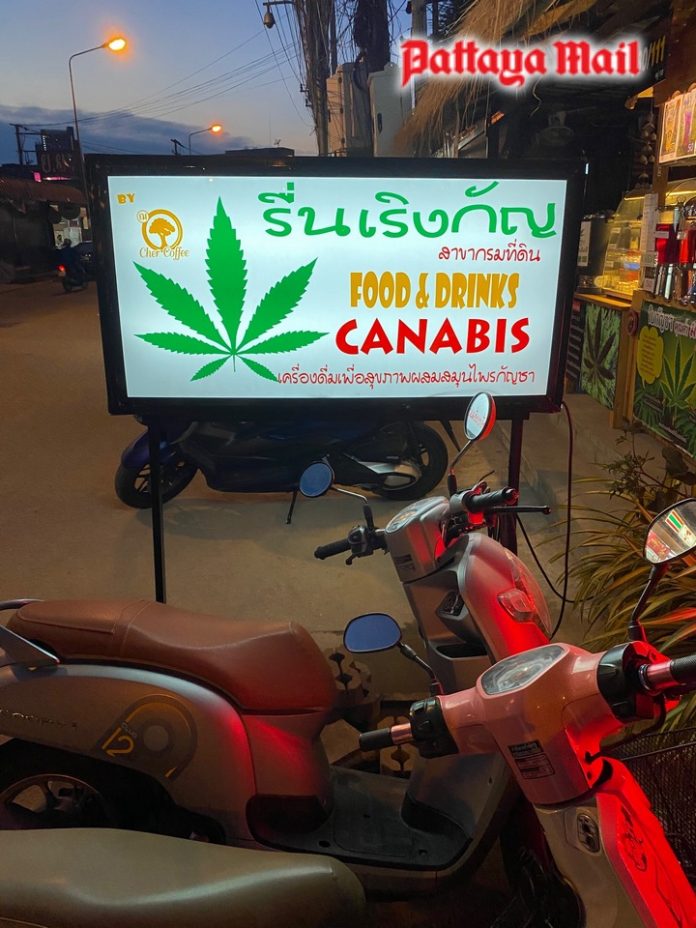Although cannabis use and smoking pot remains illegal in Thailand for leisure purposes, both the Thai government and foreign-based companies believe that recent changes in the law could dramatically promote medical and marijuana tourism once the coronavirus pandemic subsides. Tourism and Sports Minister Pipat Ratchakitprakan said Thailand had a head start in capitalizing on a growing trend internationally.
Cannabis became illegal in Thailand in 1934 under mostly American pressure, but was partially decriminalized in 2019, specifically for medical purposes and the alleviation of pain. In late 2020, roots, stems and leaves with most of the inebriating components removed were authorized for use in cooking.
Health minister Anutin Charnvirakul summed up the current position. “Those Thai households with government permission can grow limited amounts of cannabis to supplement their income and sell to public hospitals and state facilities, or use the substance to make food and cosmetic products.” He emphasized that government health agencies were the licensing agents responsible for all applications.
Several properly licensed Pattaya-based restaurants have already opened with giggling bread, happy pork soup and joyfully dancing salad on the menu. Not to mention herbal drinks with a mild kick. Proponents say that such dishes are tastier and good for health because all but 0.2 percent of the psychoactive parts of the plant are removed under government instructions. Trying out cannabis-related food could prove a big attraction to future international visitors.
But the mega-cash lies in encouraging medical and wellness tourism. Travel packages of the future would likely include combining medical cannabis with massage. Cannabis oil, tablets or drops are also authorized for alleviation of pain in 38 diseases including cancer, multiple sclerosis, epilepsy, depression and a multitude of bone and muscle problems. Thai embassies abroad are already permitted to issue 90 day medical tourism visas for visitors who “cannot be treated in their own country.”


























